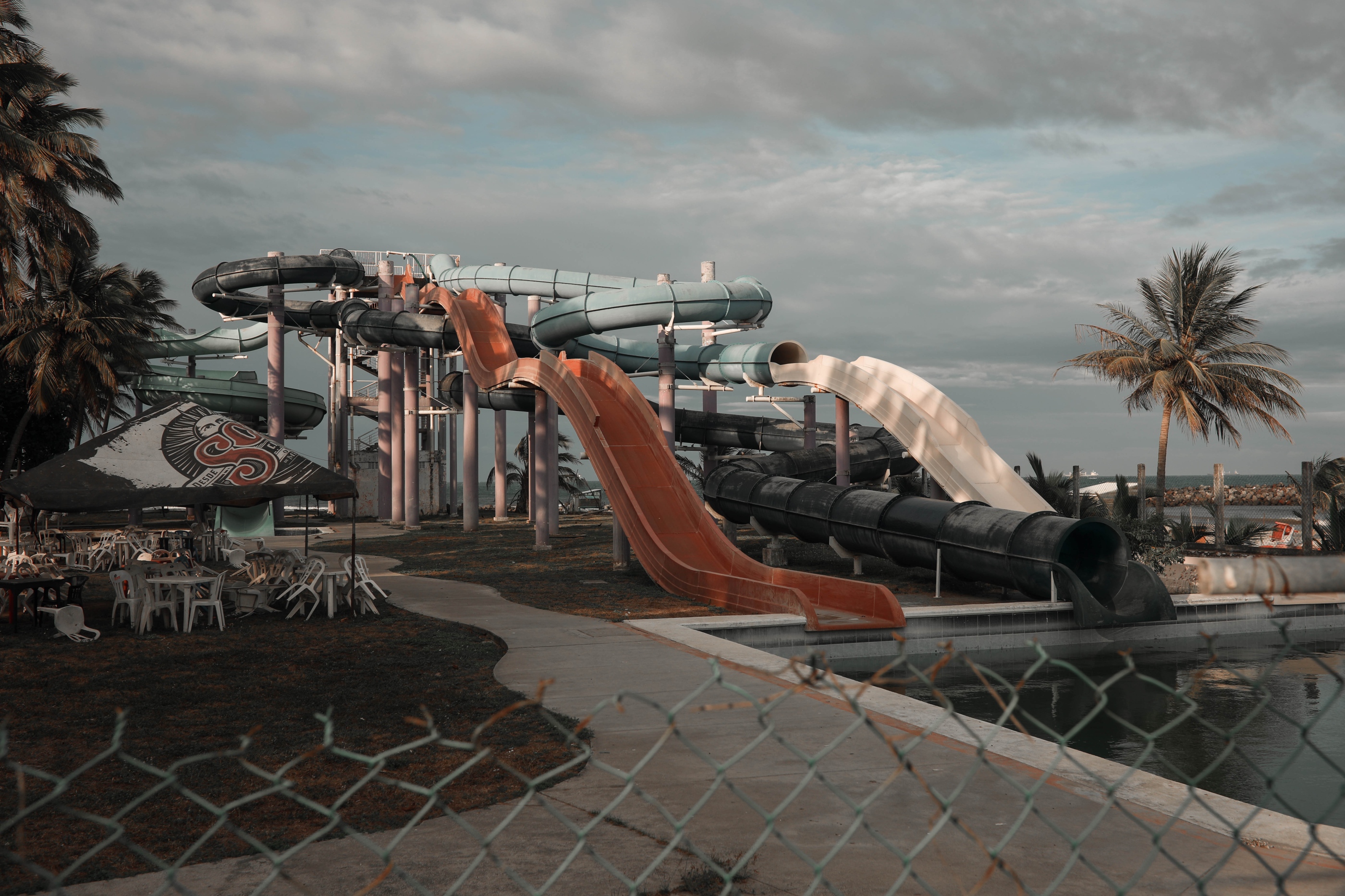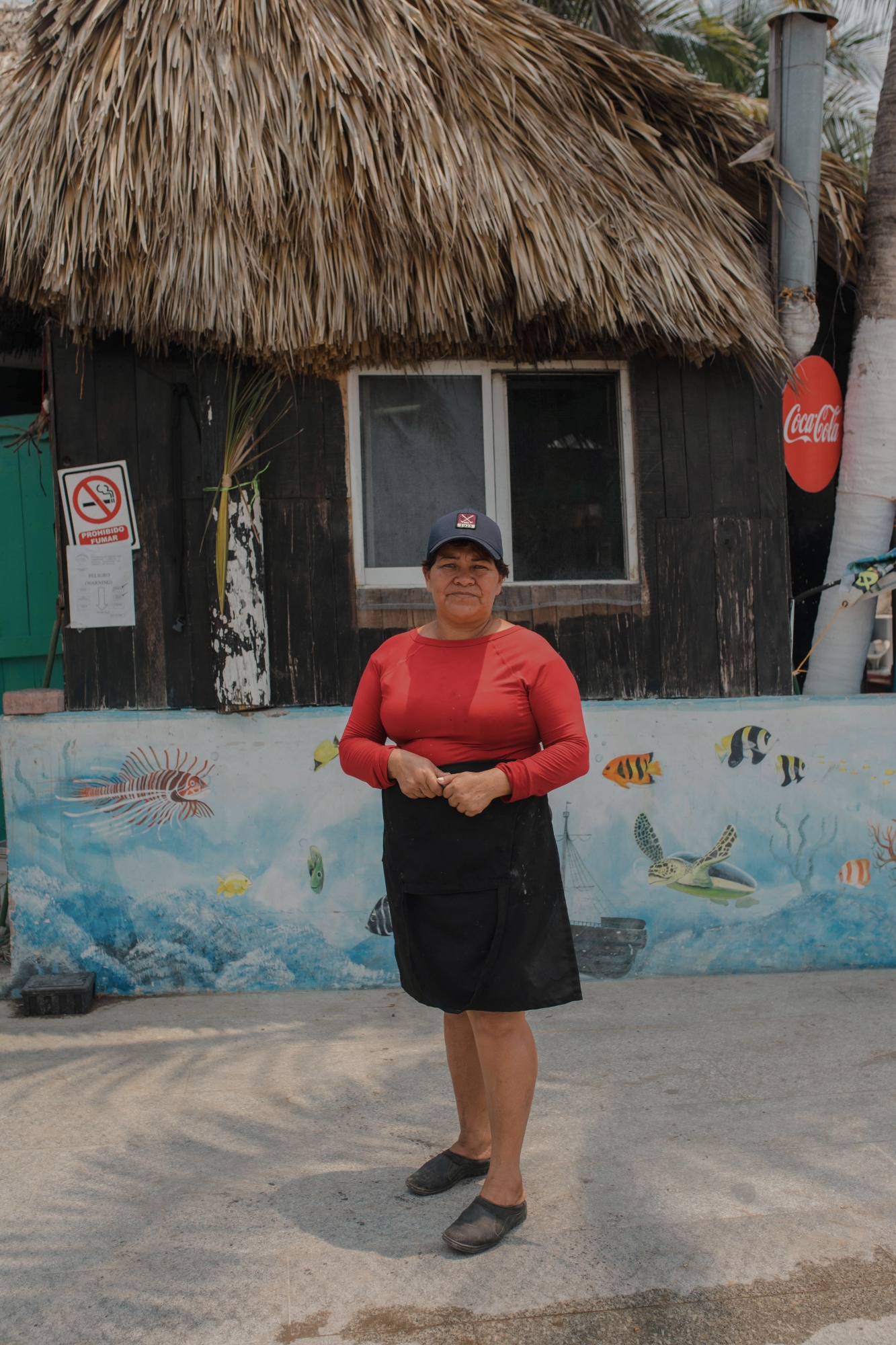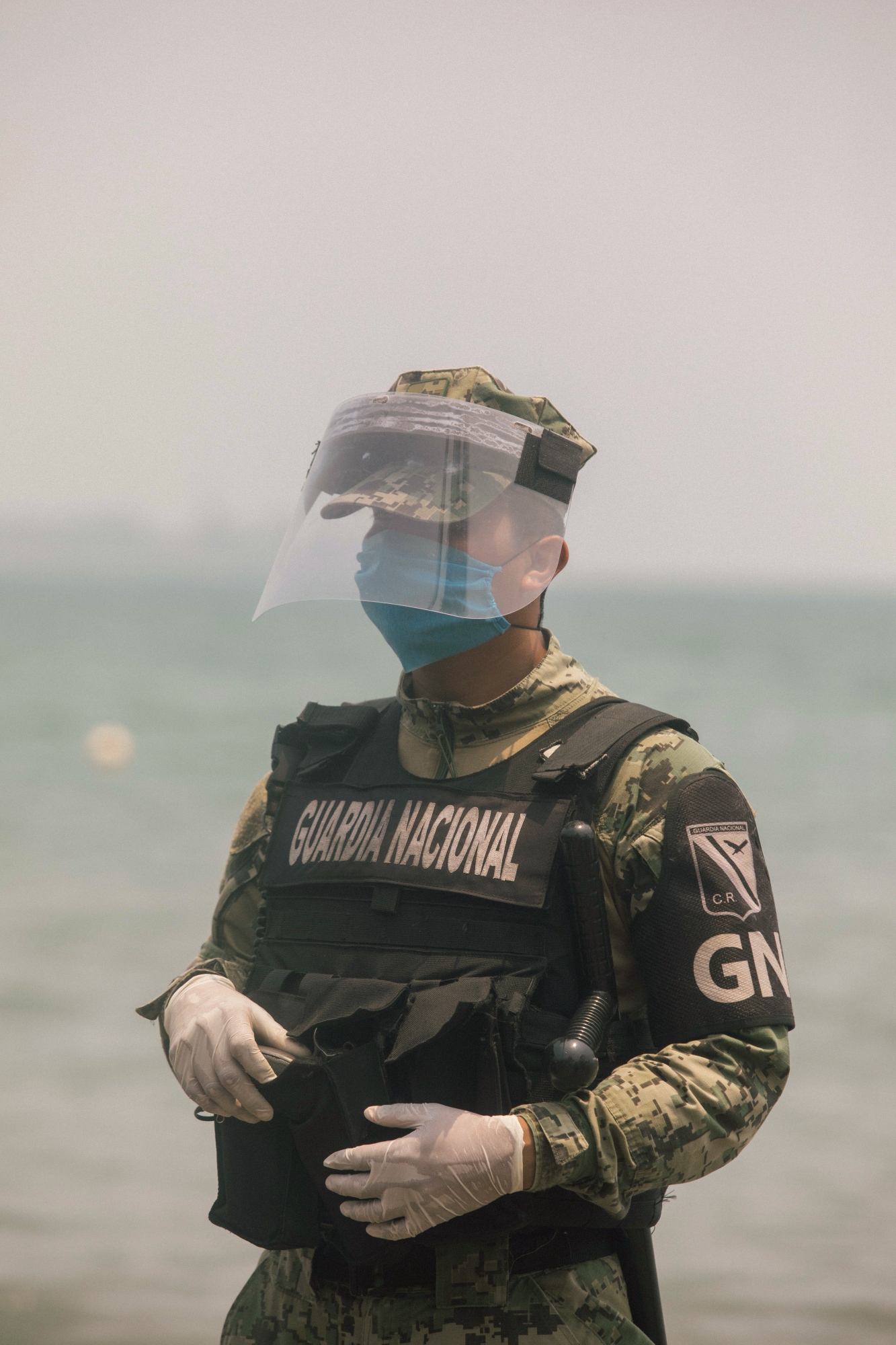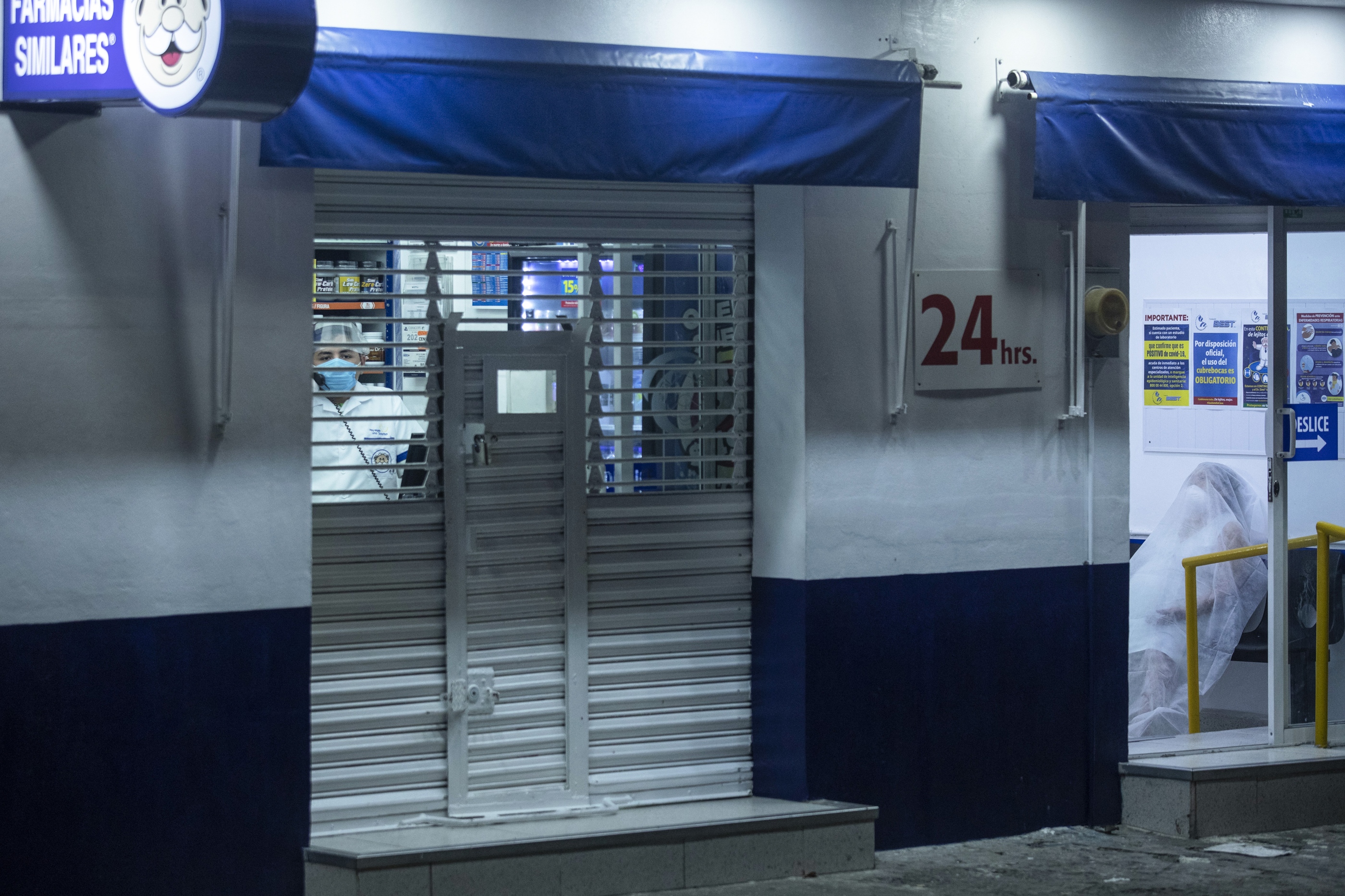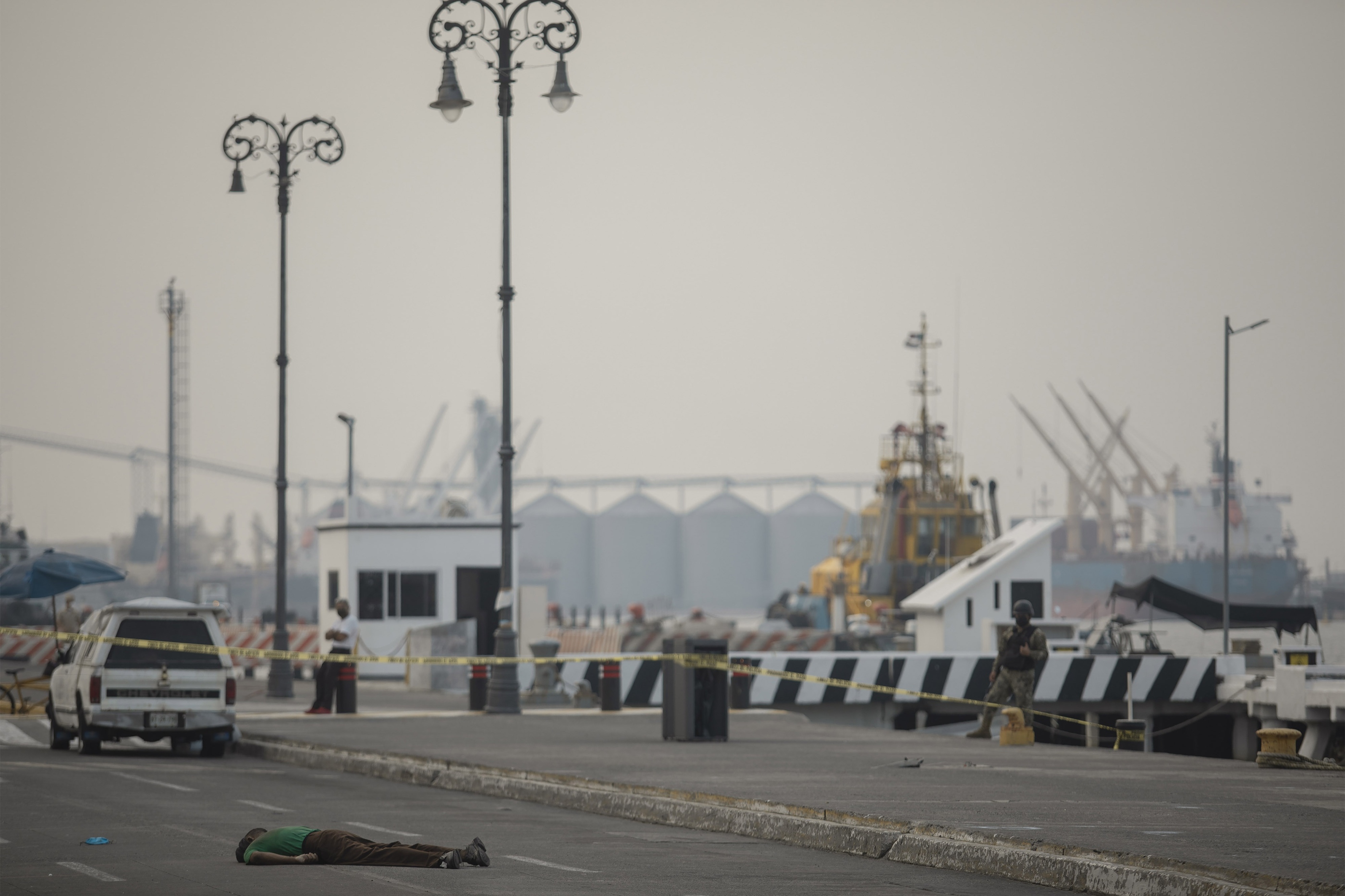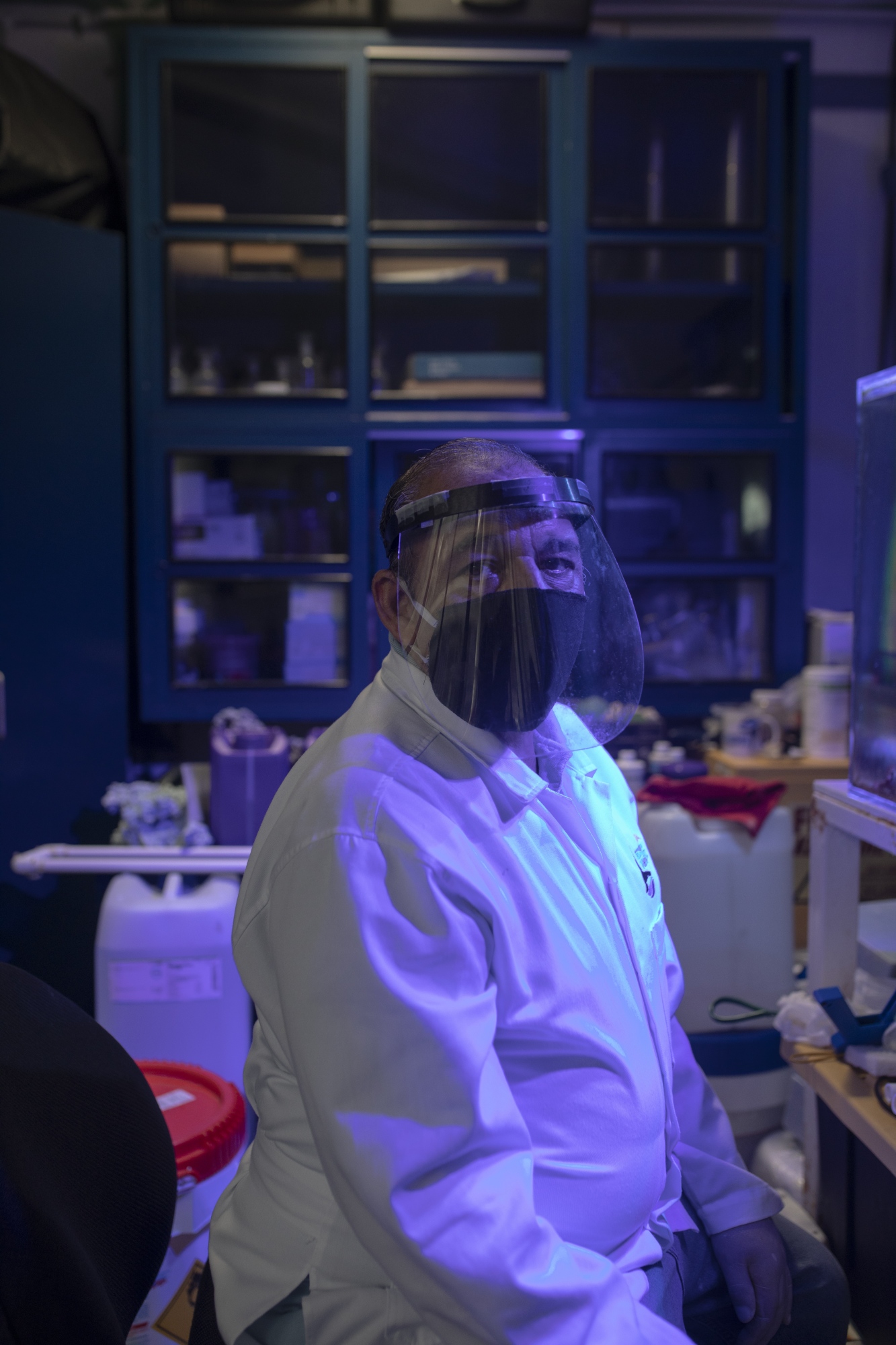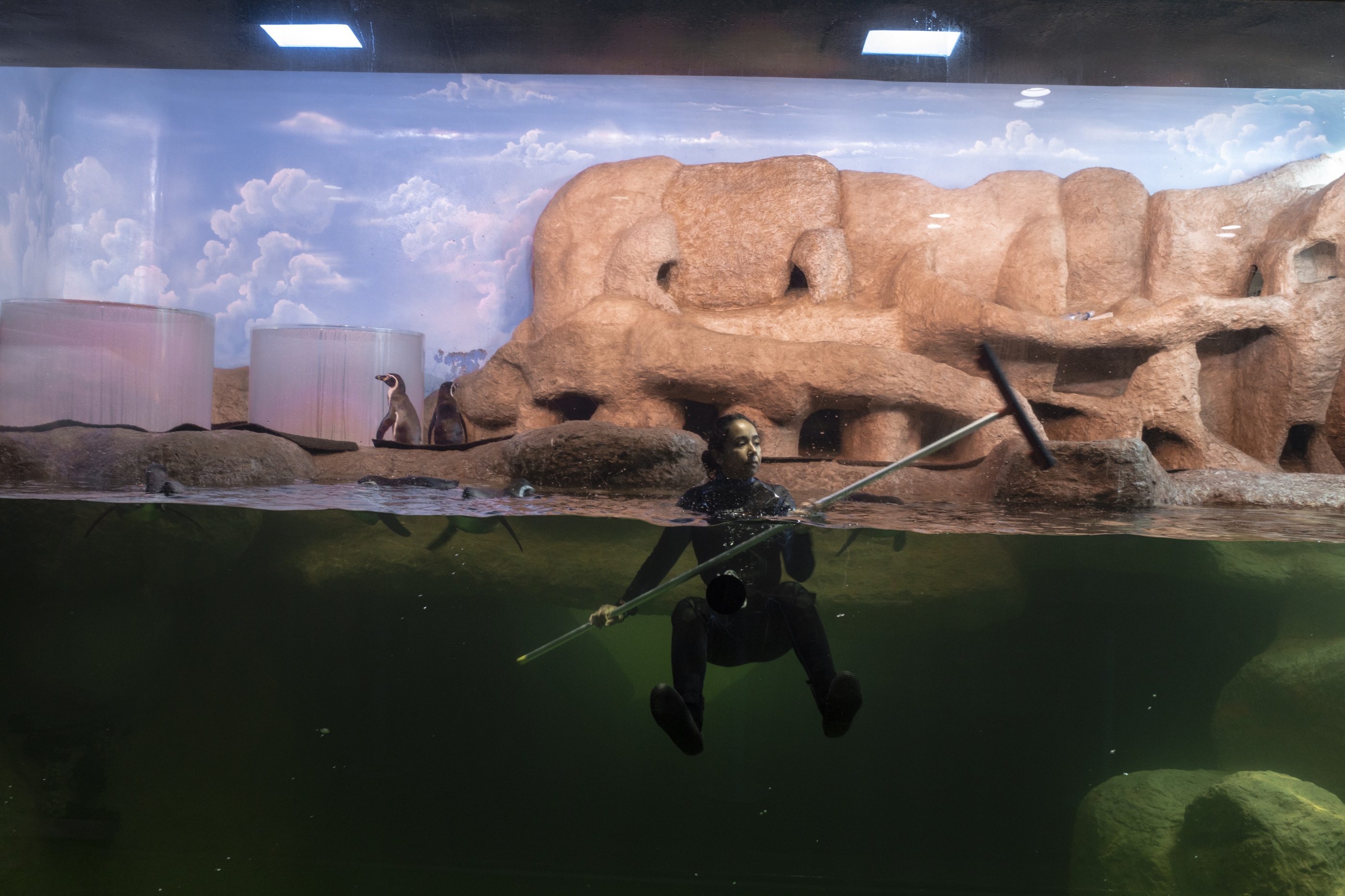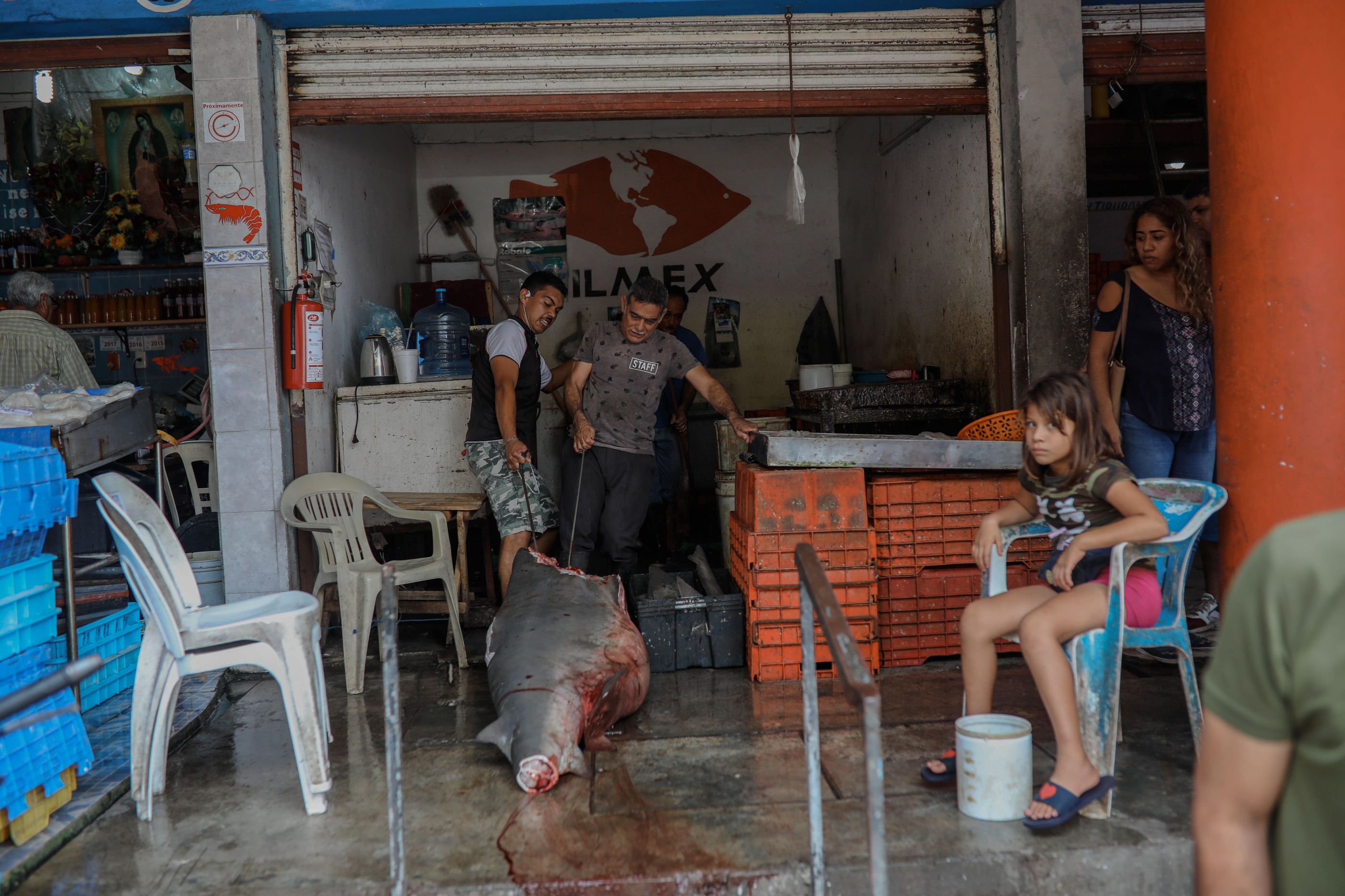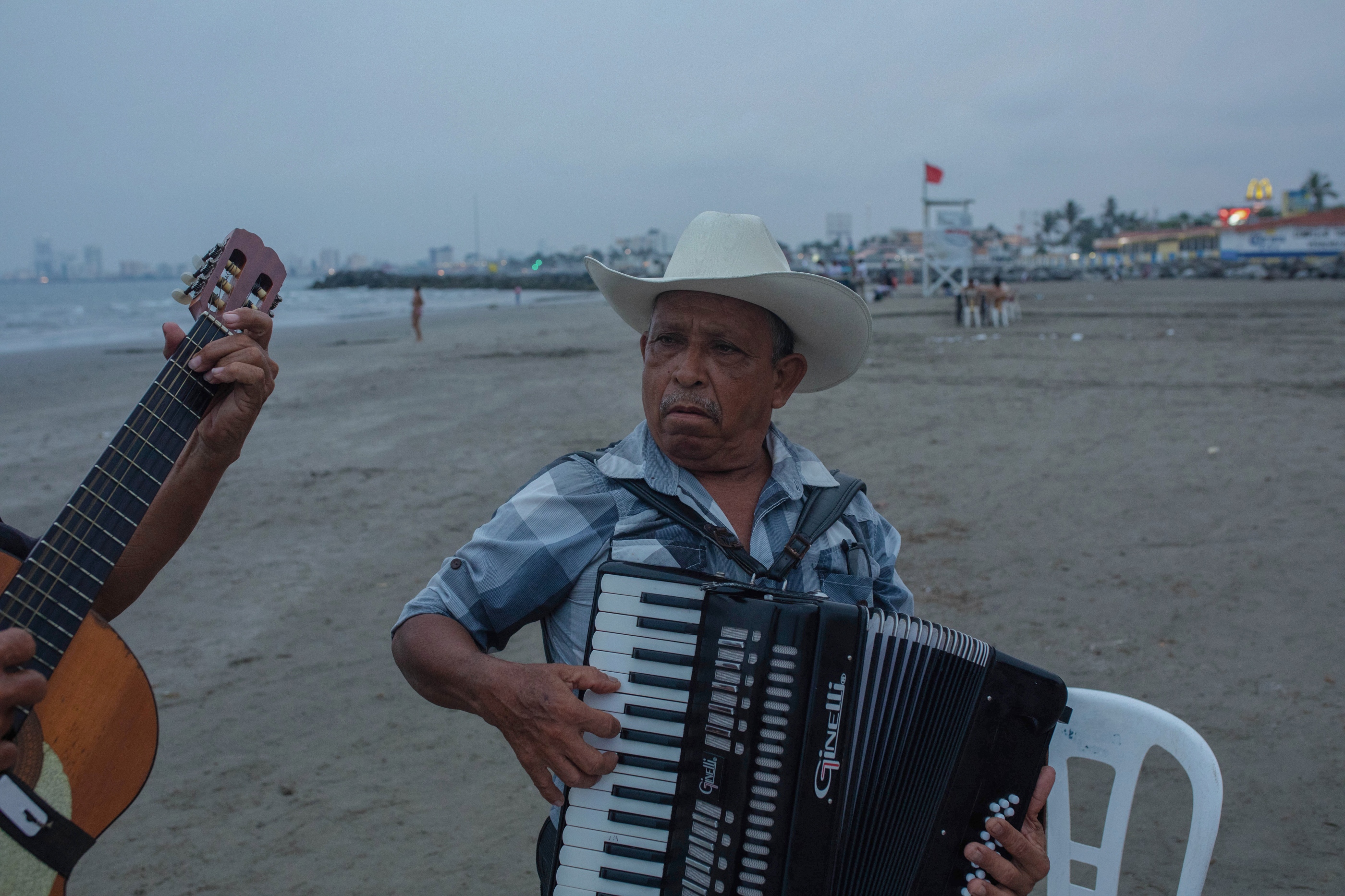The economic FRACTURE of low-cost tourism
The city and port of Veracruz, in Mexico, has been for decades one of the most visited places for low-cost tourism in Mexico, people from the central part of the country arrive at the port coast on weekends and holidays to enjoy its beaches, recreation centers such as the aquarium or the Mocambo resort and the small restaurants that offer traditional sea cuisine. The Coronavirus pandemic and its wave of economic crisis is breaking it.
Although there were no severe restrictions or mandatory quarantine, the authorities closed the beaches and resorts to avoid crowds, causing severe losses to seafood restaurants known as palapas.
Another income that the city maintains is the customs service, with one of the most important ports in the country. During and after the health crisis resulting from Covid 19 all these places and their workers were severely affected, spaces looked desolate, hotel rooms in the historic center remained empty and port workers fell ill after being forced to work.
According to a report by the Federal Government of Mexico of $173,509 million in tourism consumption in 2019, 83% was domestic travellers, a total of $143,665 million, however, during the first quarter of 2020 the economic spill decreased by 45.6%, which saw a severe impact that could run until 2023.
The desolate tourist areas also became the last destination of people dying in the avenues and pharmacies, some of them with confirmed symptoms of Coronavirus.
The desolate tourist areas also became the last destination of people dying in the avenues and pharmacies, some of them with confirmed symptoms of Coronavirus.
The sanitary emergency that the country went through was worrisome because it could lead to the bankruptcy of close to 2,000 theme parks, water parks, amusement parks, museums, zoos and aquariums, due to the fact that "the tourism sector is not one of the priorities" of the federal authorities. This was warned by the president of the Mexican Association of Aquatic Parks and Spas (AMPABA), Gerardo Gallos, and the vice-president of the Global Association of the Industry of Parks and Attractions (IAAPA).
At the Veracruz Aquarium the work teams were reduced, but there are activities that could not be stopped, such as the care of the species and the maintenance of the spaces.
At the Veracruz Aquarium the work teams were reduced, but there are activities that could not be stopped, such as the care of the species and the maintenance of the spaces.
One of the sectors most affected by the pandemic is fishing. For fishermen, the closure of their stores and the abandonment of their boats to protect themselves from the virus cost them 70% in the drop in production. Older fishermen will no longer be able to cast their nets and the young people who took the risk of working have lost 40% of the value of their product.
Some stores in the Unidad Veracruzana market, where fresh fish brought in by fishermen in the mornings was sold, closed their doors permanently. Others have decided to offer other products or services.
In the minds of "Jarochos" there are many questions, What will happen after? In what time will we reactivate tourism? How are we going to make him survive? but in the face of these questions they only react to two things, the health crisis is already an economic crisis and:
"I've never seen Veracruz like this before"
— Beach musician.
— Beach musician.
